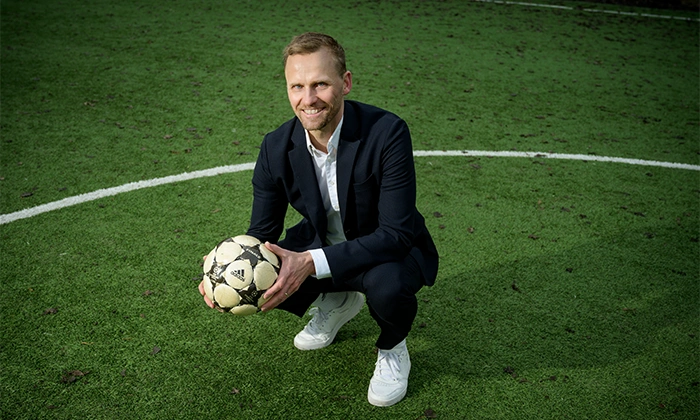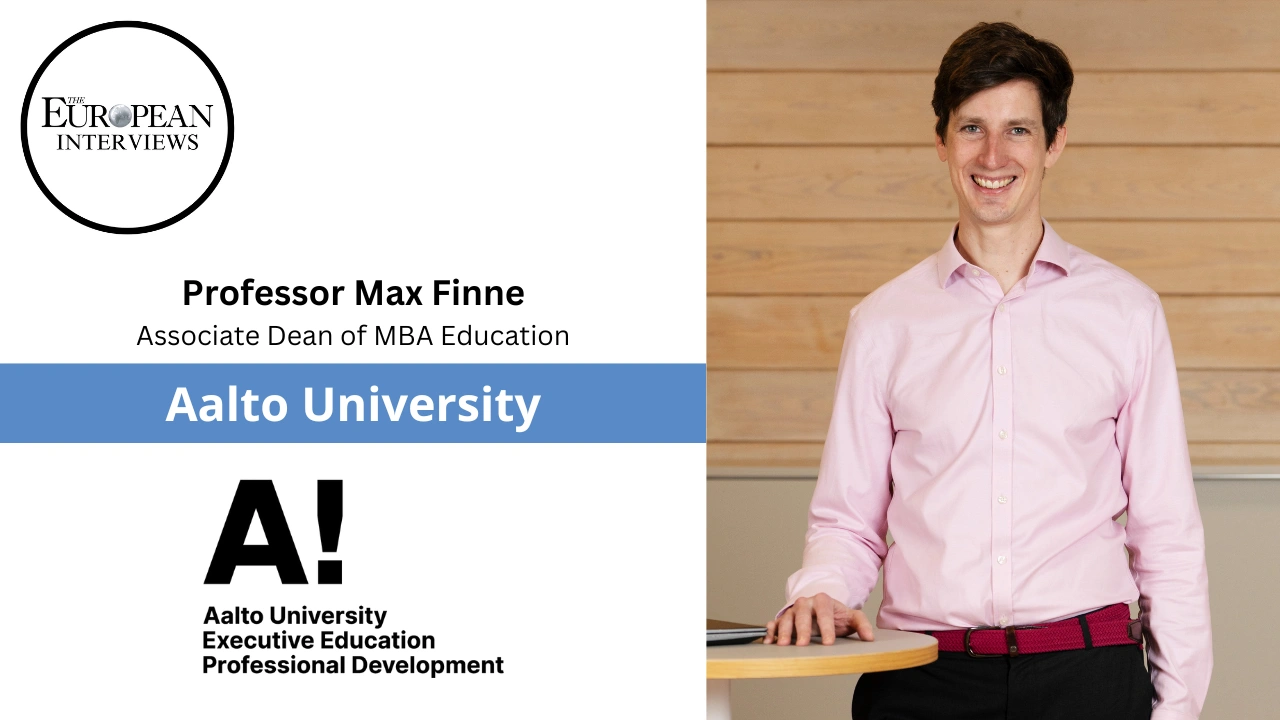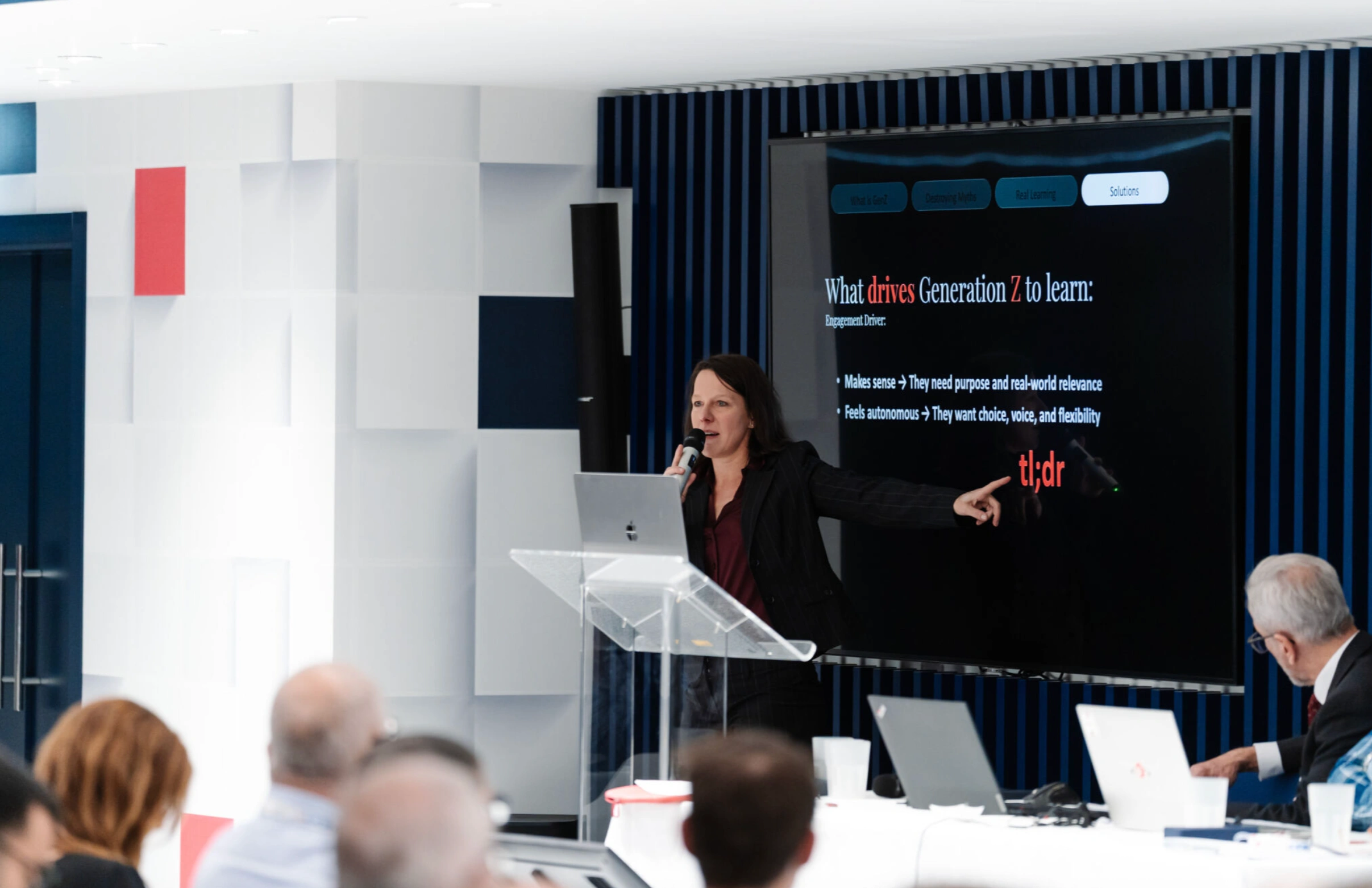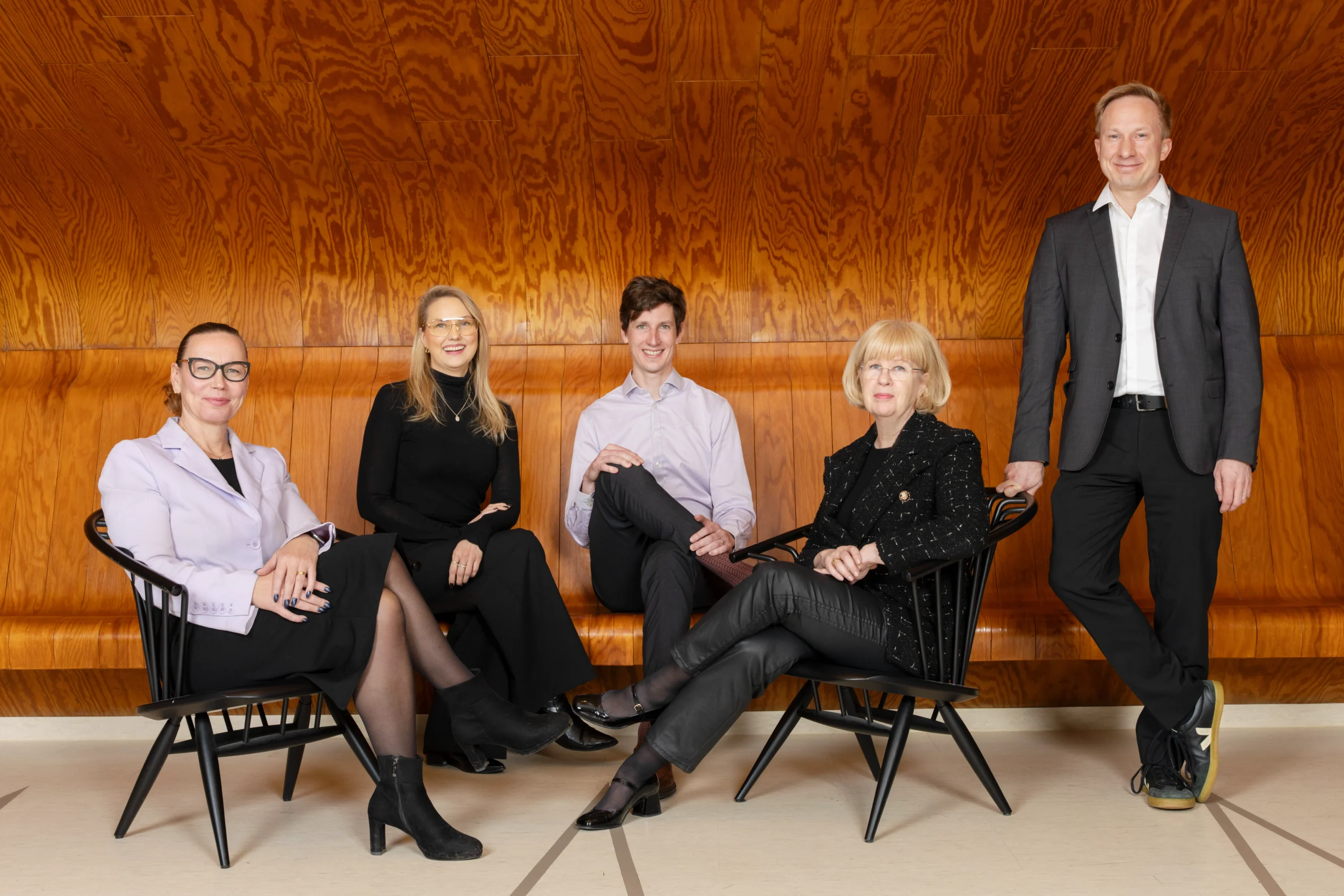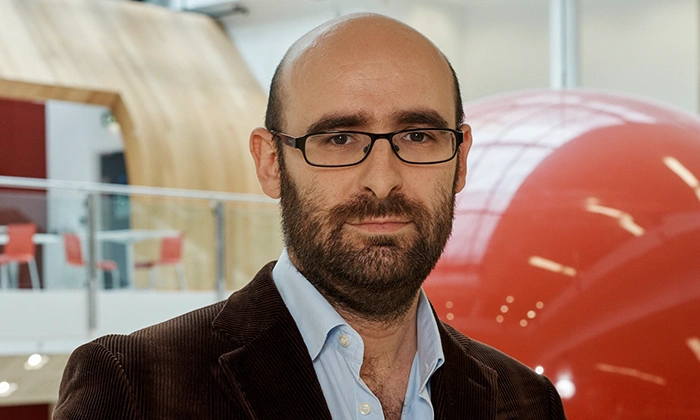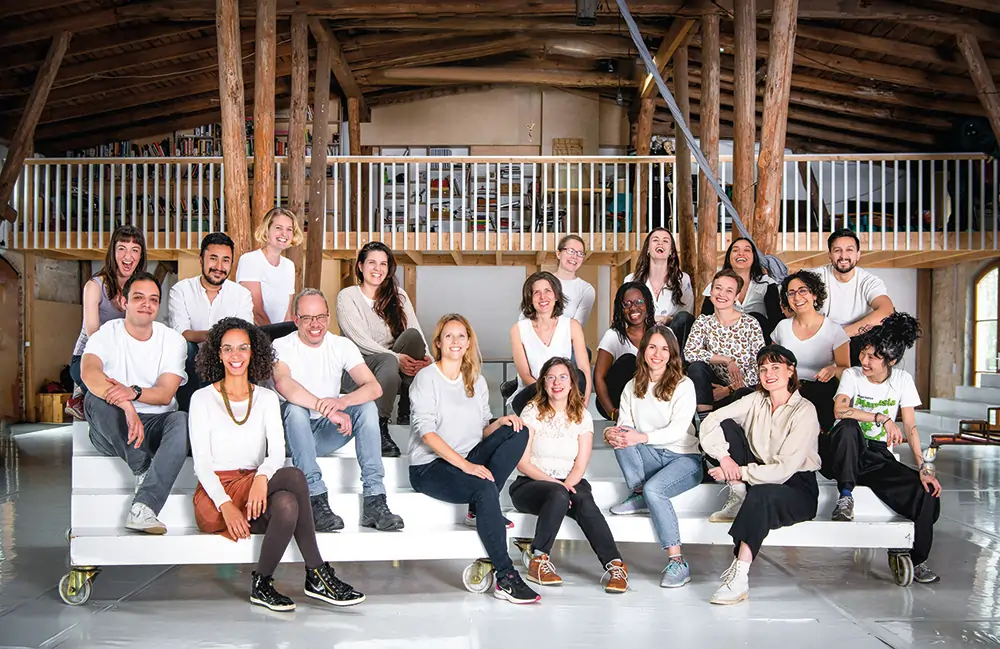Meeting new demands in executive education

John E. Kaye
- Published
- Executive Education, Home

Gaining an MBA from a top-tier university or business school has long been viewed as the key to rising up the ranks of multinational organisations, and as a vital step for executives looking to progress their careers. However, with the shape of business constantly changing, new forms of executive education are beginning to compete for space with the traditional MBA.
As a result, an array of innovative and practical methods of executive education are now available to everyone from managers to CEOs, broadening the playing field for learning opportunities and offering employees of all levels the ability to expand their skills base.
These innovative education techniques give executives the tools to fix any skills gaps they can identify. Premier business schools that were hesitant to embrace online learning platforms due to fears over diluting their brand are now recognising this arena, ensuring that world-class executive education can now be accessed anywhere around the world.
Continuous support
Formal classroom-based learning will always have a place in the education of business leaders, yet longterm and inflexible programmes often do not meet the needs of executives who want to continue working or require a less intensive form of learning. Informal peer networks, cross-generational initiatives and coaching from peers ensure executive learning is keeping up with the changing demands of business leaders today.
“By its nature, all learning is bespoke – we all prefer a different way of learning. For example, by witnessing best practice, or hearing about how others have solved similar issues, or just having a go and doing it. The ‘how’ we learn isn’t important, but we must all learn, move on and progress – all against an ever-changing backdrop,” explains Doug D’Aubrey, CEO of Executive Training & Consultancy.
While MBAs and established management degrees will remain a core element of executive learning, their dominance of the market is set to lessen. With 70% of corporate survey respondents to the CarringtonCrisp Executive Education Futures 2018 expecting blended learning approaches to form more of their executive development over the next three years. “Every gap in an executive’s skillset is individual. Some executives only need help in identifying their gaps and then they solve them for themselves.Sometimes a professional coach, mentor or consultant needs to help them. It’s particularly worthwhile because when a leader lifts their performance, the whole company lifts its game,” Mr D’Aubrey adds.
Not all types of executive education come in the form of traditional teaching with some of the most powerful ways executives can learn being through peer networks where they are able to share experiences with people who are in similar roles and face parallel challenges.
“Fortunately, executives can allay their sense of professional isolation and challenge critical assumptions at the same time through a well-designed peer network. In these networks, small groups of executives in similar roles at different organisations agree to meet several times a year for authentic conversations they aren’t having anywhere else,” says James Millar, President of SkyBridge Associates and author of Building Bridges: The Case for Executive Peer Networks.
The true benefits of peer networks will take some time to materialise as the participants get to know each other and develop strong professional relationships where all issues can be discussed openly and honestly.
“Invariably, a group will develop rituals and a sort of verbal shorthand. It will build on earlier conversations to explore shared questions in new ways. And this is really the essence of education, isn’t it – building on a base of existing knowledge to realise higher level insights?” adds Mr Millar.
While networking and one-off meetings with other executives can be valuable to address small-scale business concerns or short-term issues, the reliable and continuous element of peer networks offer an unparalleled level of support for dealing with years-long challenges that require substantial discussion.
“Today’s executives are always having to deal with issues as they happen. They’ve little or no time for training courses which may be useful one day. They need relevant guidance, and support with solution from someone they connect with and trust. Speed of response is the difference between success and failure,” says Mr D’Aubrey.
Novel approaches
Dr Angus Cameron, Academic Operations Director at the Roffey Park Institute, an international leadership institute, believes that “reverse mentoring”, where young and old staff are paired together in a bid to encourage a wide range of intergenerational and diversity learning, is showing very positive results for organisations who embrace the concept.
“Learning sessions containing multiple disciplines, competencies and seniorities both assist all concerned learning about the organisation in collaborative and critical ways, but also have the effect of eliminating harmful hierarchical ways of thinking,” says Dr Cameron.
Reverse mentoring gives staff the opportunity to engage with other employees that they may not normally work with and help create new working relationships where skill gaps can be closed and
expertise shared. For example, Dr Cameron points to the benefits achieved when younger female and/or BME mentors and older white, male mentees work together, with both sides gaining a new perspective.
“How we ever imagined just teaching leadership teams to ‘lead’ would ever create ‘better’ leadership is staggering. We need to create ‘learning organisations’ in which a key function is to generate knowledge of and for the organisation itself. And if that is to work effectively, the whole organisation must contribute to that knowledge,” he adds.
As the challenges both businesses and executives face continue to evolve so too will executive education. While foundational skills are evergreen and can serve corporate leaders throughout their careers, Dr Cameron regards many content-led, case study and best practice approaches to be outdated before they’re delivered.
“Most importantly, the foundational skills – vocal and written confidence – are appropriate to all organisational settings and relationships and are endlessly adaptable. If designed effectively, such foundational programmes do not re-import existing organisational biases, including gender, race and age, but are already open to diversity in its fullest sense,” he adds.
Not all learning experiences will necessarily take the obvious form of education with international secondments often providing executives with knowledge of new markets, which can only be gained through practical experience. Or holding open-door meetings with staff members at all levels to not only understand their problems more comprehensively but also to benefit from knowledge transfer.
“This level of adaptability and flexibility is essential already, but becomes all the more so as the next generation of workers, so-called generation Z, come into our organisations over the next two decades,” says Dr Cameron. Executive coaching has rapidly become a tried and tested way to help executives improve their performance and develop but it is vital these coaches have the right background and training in psychology as well as having practical experience in business.
“Groups like CNext connect executives with former CEOs and CXOs who have been in those same shoes and situations and can provide an invaluable sounding board and source of advice and guidance,” says Wayne Cooper, Chairman of the Chief Executive Group.
Flexibility, personalisation and practicality are increasingly becoming the main factors executives look for in training and learning programmes. Comprehensive learning platforms services like
LinkedIn Learning, Udemy and Coursera, as well as solutions from consultancies like McKinsey Academy, are disrupting more traditional practices and ways of thinking around what exactly constitutes executive education.
It is clear that organisations who invest both time and money in new types of education for their staff will be well positioned to adapt to market changes and capitalise on innovations, which their slow to move competitors won’t have the correct skills to do.
“While companies who invest in executive development have traditionally outperformed their peers, we expect the gap to widen in the future with the changes in business that are underway. Technological, economic, societal, political, trade and other changes require companies and their executive teams to evolve and adapt. Companies that help their executives adapt and learn and grow will ensure that their companies continue to adapt, evolve and grow,” concludes Mr Cooper.
For more Executive Education news, follow The European
RECENT ARTICLES
-
 Hannu Tihinen on strategy, leadership, and the value of an EMBA
Hannu Tihinen on strategy, leadership, and the value of an EMBA -
 European MBAs adapt to AI as Aalto overhauls executive education
European MBAs adapt to AI as Aalto overhauls executive education -
 From dialogue to action: how emba X prepares leaders for a new era of responsible innovation
From dialogue to action: how emba X prepares leaders for a new era of responsible innovation -
 How Europe can learn faster: turning AI into safer, smarter adult training
How Europe can learn faster: turning AI into safer, smarter adult training -
 Aalto EE launches Aalto Tech EMBA to equip executives for digital transformation
Aalto EE launches Aalto Tech EMBA to equip executives for digital transformation -
 Supply chains are being remade. Leadership must be too
Supply chains are being remade. Leadership must be too -
 Why the real barrier to AI success sits in the boardroom
Why the real barrier to AI success sits in the boardroom -
 ETH Zurich and the University of St.Gallen redefine executive education with emba X, a new model of responsible leadership
ETH Zurich and the University of St.Gallen redefine executive education with emba X, a new model of responsible leadership -
 Why leadership is the strongest defence in South Africa’s schools
Why leadership is the strongest defence in South Africa’s schools -
 Porto Business School launches executive programme on AI strategy
Porto Business School launches executive programme on AI strategy -
 POLIMI Graduate School of Management strengthens global reputation in MBA and master’s rankings
POLIMI Graduate School of Management strengthens global reputation in MBA and master’s rankings -
 Trinity Business School strengthens standing in global MBA rankings
Trinity Business School strengthens standing in global MBA rankings -
 Meet the class of 2025… and their children. Why mid-life university learning is on the rise
Meet the class of 2025… and their children. Why mid-life university learning is on the rise -
 University of Michigan launches executive programme for chief data and AI officers
University of Michigan launches executive programme for chief data and AI officers -
 International education: A vision for global citizens
International education: A vision for global citizens -
 How to create lasting social change? Build a community
How to create lasting social change? Build a community -
 Tomorrow’s world needs Dyslexic Thinking
Tomorrow’s world needs Dyslexic Thinking -
 Why family therapy is the best investment you can ever make
Why family therapy is the best investment you can ever make -
 How EQ can give us the edge over AI
How EQ can give us the edge over AI -
 A true root and branch approach
A true root and branch approach -
 It's fine to say you're not ok
It's fine to say you're not ok -
 Are you willing to change with your organisation?
Are you willing to change with your organisation? -
 Emerging markets: Online learning for women unlocks economic potential
Emerging markets: Online learning for women unlocks economic potential -
 A programme of urgent importance
A programme of urgent importance -
 Why progress is not parity
Why progress is not parity

